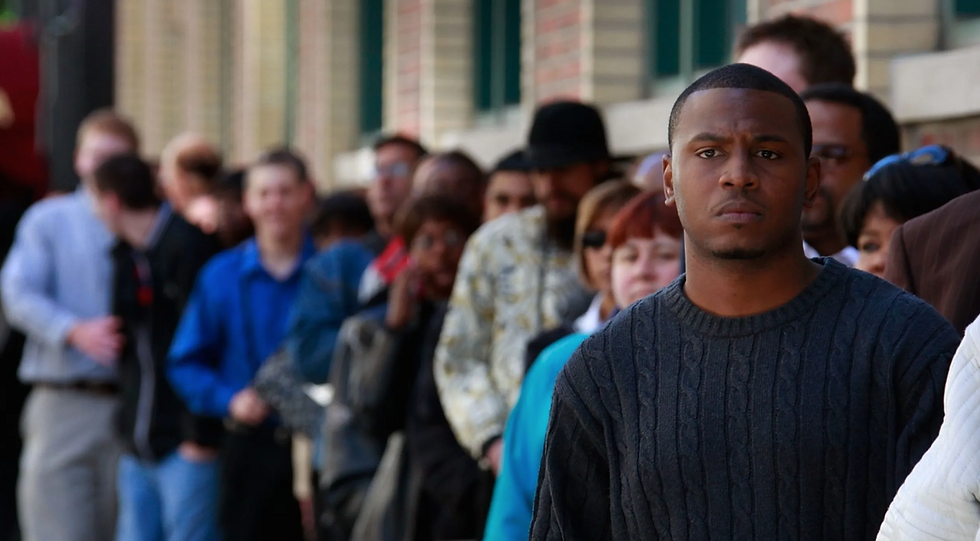The end of US unemployment benefits
- Ronghao Wang
- Sep 17, 2021
- 2 min read

At the start of September, the US government announced its decision that the unemployment benefit is not going to be extended and is eventually going to end on the US labour day. This means that all the unemployed Americans’ are going to see their benefits cut by 300 US dollars a week.
In fact, since day 1 of the Covid-19 pandemic, the federal government has delivered more than $800 billion in Unemployment benefits. The previous president of the US- Donald Trump-was delivering unemployment checks of $600 per week, and lowered to $300 with time.
Through the Federal Pandemic Unemployment compensation, the government reduced the unemployment insurance, paying an additional $334 on average.
In most cases, unemployed Americans can collect both.
Although the government announced that the unemployment benefit is going to end on the labour day, some states still have the right to use the $350 billion of funds from the American rescue plan to extend the unemployment benefit. However, none of the states has reacted and decided to continue the unemployment benefit. But, in fact, the unemployment rate is still 5.2% and only 235,000 jobs have been added to the economy, which is far below the expectation of 750,000 jobs.
Why did the US government stop the unemployment benefit?
The main reason behind this decision is the request from small businesses owners and republicans. They hold the belief that the unemployment benefit is actually holding back the economic recovery and fueled a lack of labour. Because people are discouraged from looking for a job when they are receiving enough financial aid from unemployment benefits. Additionally, the current data corroborates that there is an employment shortage in the US labor market.
There are currently 2 million Americans that are going to receive all the benefits and an additional 1 million who see their employment benefit shrink by $300 every week. One of the most plausible outcomes is that many Americans are forced to find a job- they are able to find one, but many Americans are going to be unable to find a job by the first month after the end of the Employment benefit.
Another major outcome is not in the field of employment, but spending power. Most jobless Americans who are unable to find a job (or unwilling to), are definitely going to cut their spending. This is going to result in a decrease of consuming capacity. Consequently, the market capacity can potentially decline in the near future. So, although the employment rate is going to increase and the stock market is going to rose, the US economic recovery might actually be slowed down by this decision.





Comments